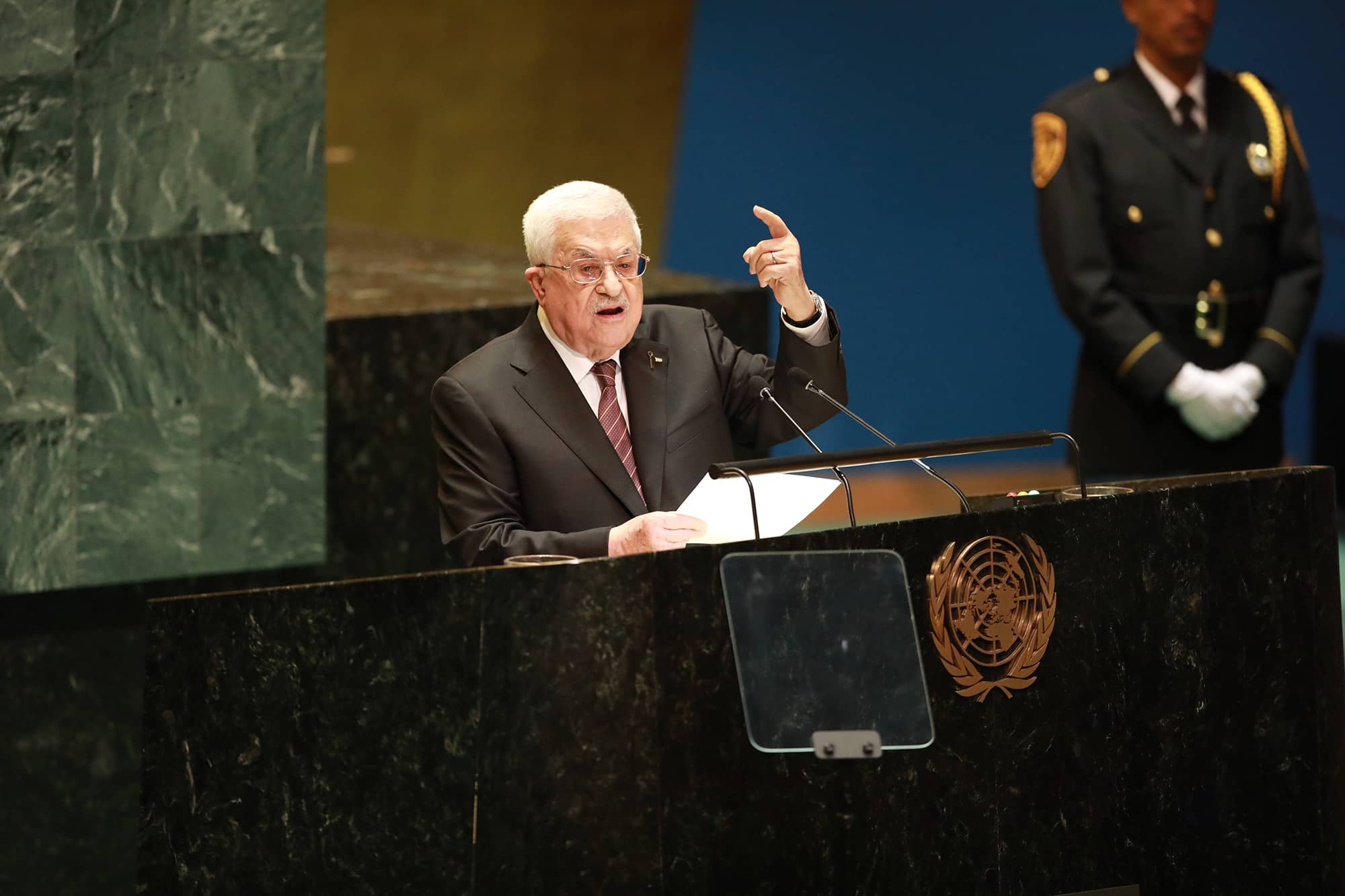Israel has successfully launched the historic campaign it spent years preparing for—an operation aimed at removing the strategic threat posed by Iran before it becomes existential. By securing air superiority over western and central Iran and capitalizing on the element of surprise to strike Iranian nuclear scientists and senior military officials, Israel has created highly favorable conditions for a sustained military effort to cripple Iran’s nuclear weapons infrastructure and long-range ballistic missile program. This comes at the inevitable cost of attacks on Israel’s home front, though that cost would have been far higher had Israel not already dealt heavy blows to Hezbollah.
Israel’s ability to maintain air superiority for as long as necessary to complete the mission also stems from its decision to wait for optimal timing with American support for the operation and silent acquiescence from other key Western powers: Germany, the United Kingdom, and France. Israel argued that Iran had begun actively moving toward nuclear weapons production. This was evidenced not only by Tehran’s enrichment of uranium to a very high level (60 percent)—as reported by the International Atomic Energy Agency (IAEA)—enabling it to further enrich to weapons-grade within days, but also by initiating the weaponization process. Jerusalem’s claims were accepted as credible and sufficient to justify Israeli military action.
Israel’s case was reinforced by Iran’s rejection of the American proposals during negotiations, and by the IAEA’s report stating that Iran had violated its obligations under the Nuclear Non-Proliferation Treaty and had run a structured program to produce nuclear weapons. That report led the IAEA Board of Governors to pass a resolution condemning Iran and referring the matter to the UN Security Council. In these circumstances—and given the Islamic regime’s repeated calls for Israel’s destruction—Israel’s operation received international legitimacy.
Operational freedom and sufficient time to execute its plans are critical for Israel to take out all the components of Iran’s nuclear program, which spans numerous facilities across the country—many of them large, complex, and in some cases underground. So far, Israel has struck only a small portion of these sites, causing considerable damage, but much work remains. To prevent Iran from restoring its capabilities, further strikes will be needed on key targets, including the Natanz enrichment plant and the uranium conversion facility in Isfahan—both of which have already been hit—as well as uranium stockpiles, centrifuge production sites, uranium mines, yellowcake processing plants, and ultimately the underground enrichment facility at Fordow and sites involved in weaponization and missile development.
If Israel takes advantage of its window of opportunity and works systematically to target these assets, there is a real chance the campaign will succeed in removing the Iranian nuclear and missile threat for many years ahead. The chances of success would increase significantly if the United States were to join the strikes, especially if it were to strike the Fordow facility. For now, however, it appears that Washington will hold back unless Iran attacks American targets in its response to Israel’s actions.
To ensure the campaign’s goals are achieved and that they are maintained over the long term, the preferred outcome would be that the operation destabilizes the Islamist regime, potentially even leading to its collapse. The blows inflicted by the IDF have been painful and humiliating, adding to Iran’s economic crisis, infrastructure problems, and growing pressure from the United States. That pressure could intensify if one of the Western powers invokes the snapback mechanism to reinstate economic sanctions. While the chances of regime change remain low at this stage, the current circumstances make it a real—if still remote—possibility. Much will depend on the Iranian public, parts of which may sense that this is a rare opportunity unlikely to return for many years.
Assuming regime change does not materialize, the campaign’s long-term objectives could still be secured through an agreement between a weakened Iran and the United States. Such a deal would impose strict, indefinite American oversight of Iran’s nuclear activities, prevent the restoration of damaged facilities, bar Iran from possessing enriched uranium or enriching it on its soil, and offer gradual sanctions relief in return. While the chances of such an agreement are also slim, long-term success may ultimately depend on preserving operational freedom, in a manner similar to that in which Israel operates in Lebanon. This would be a complex challenge, but if Israel maintains air superiority, it is not beyond reach.
In any event, the greater Israel’s success in achieving its military objectives, the more its decision to act alone against Iran’s strategic capabilities—coming after the severe blows it dealt to Hezbollah and Hamas, and its role in creating conditions for the collapse of the Assad regime in Syria—will set out a path to complete the reshaping of the regional strategic landscape. Israel will have dismantled the Iranian axis, neutralized major threats, and positioned itself as a central power acting in coordination with the United States to promote a regional architecture built on economic cooperation and stability.
This shift could further weaken Hezbollah in Lebanon, improve the chances of achieving Israel’s war aims in Gaza, and encourage Syria’s new regime to adopt a policy acceptable to Israel. It would also enhance the prospects for advancing and expanding the Abraham Accords. Seen in this broader context, the importance of achieving the goals of Operation Rising Lion extends well beyond the Iranian threat alone.
Given this strategic picture, it is clear that the Iranian regime views Israel’s offensive as an existential threat. It will do everything in its power to thwart it by exacting a high price from Israel through a range of measures and by seeking to deter the United States, while avoiding direct confrontation with it. Israel must do all it can to frustrate these efforts.
JISS Policy Papers are published through the generosity of the Greg Rosshandler Family.















The Kidnapping Threat: Preventing Israel’s Moral Commitment to Hostages from Becoming a Strategic Vulnerability